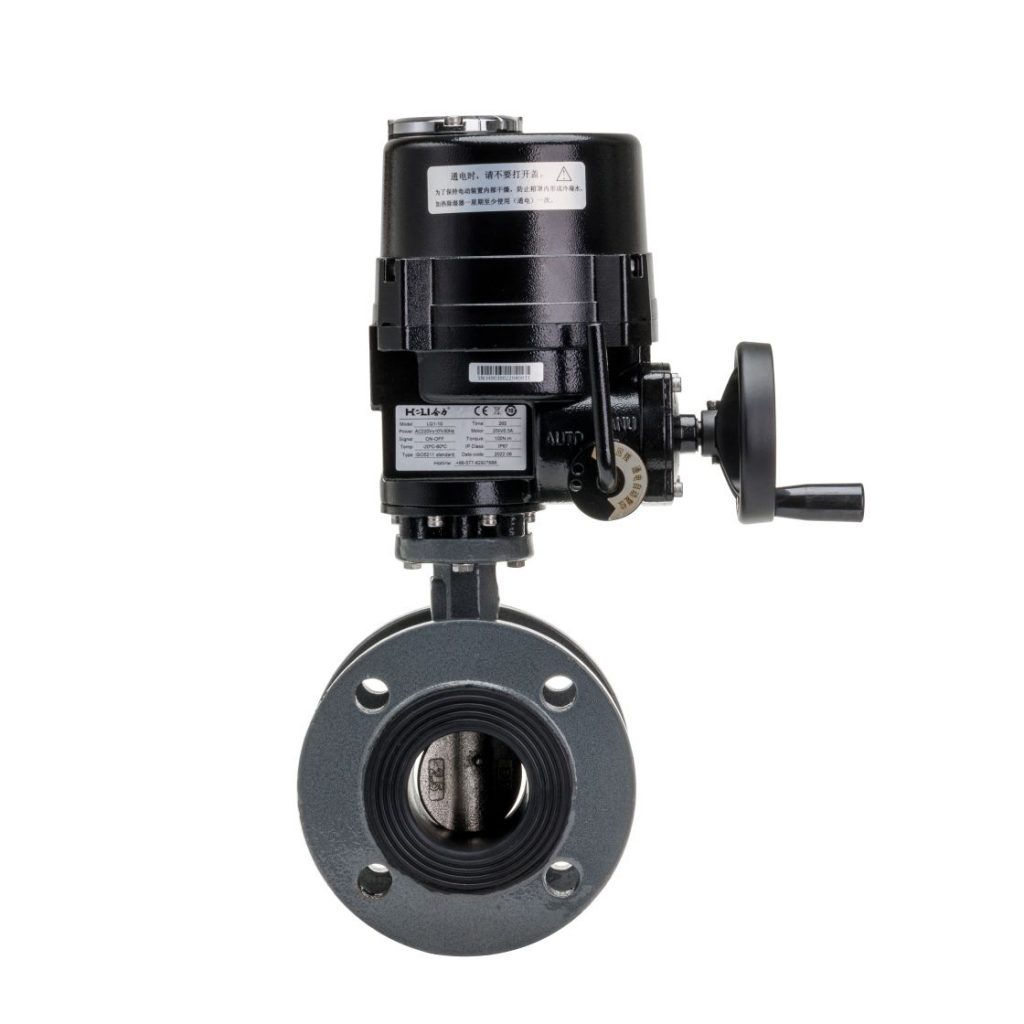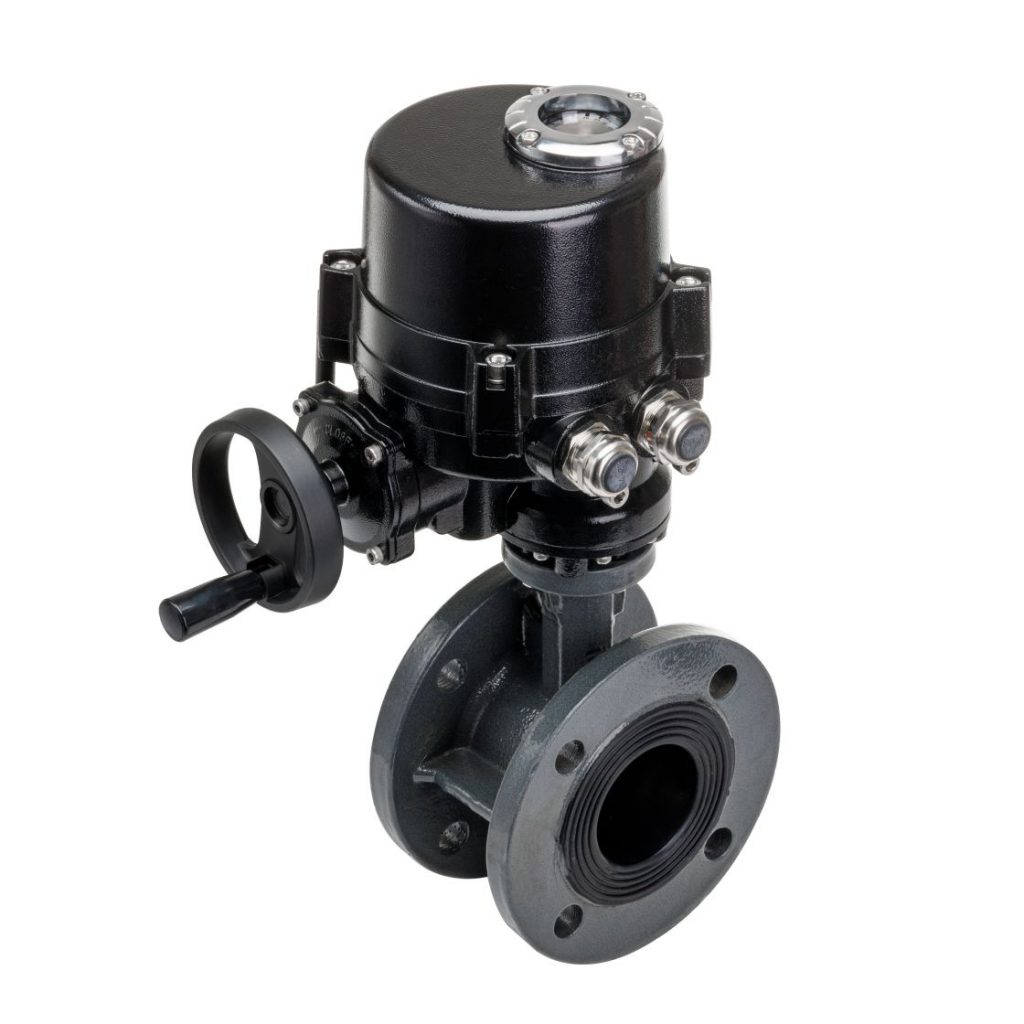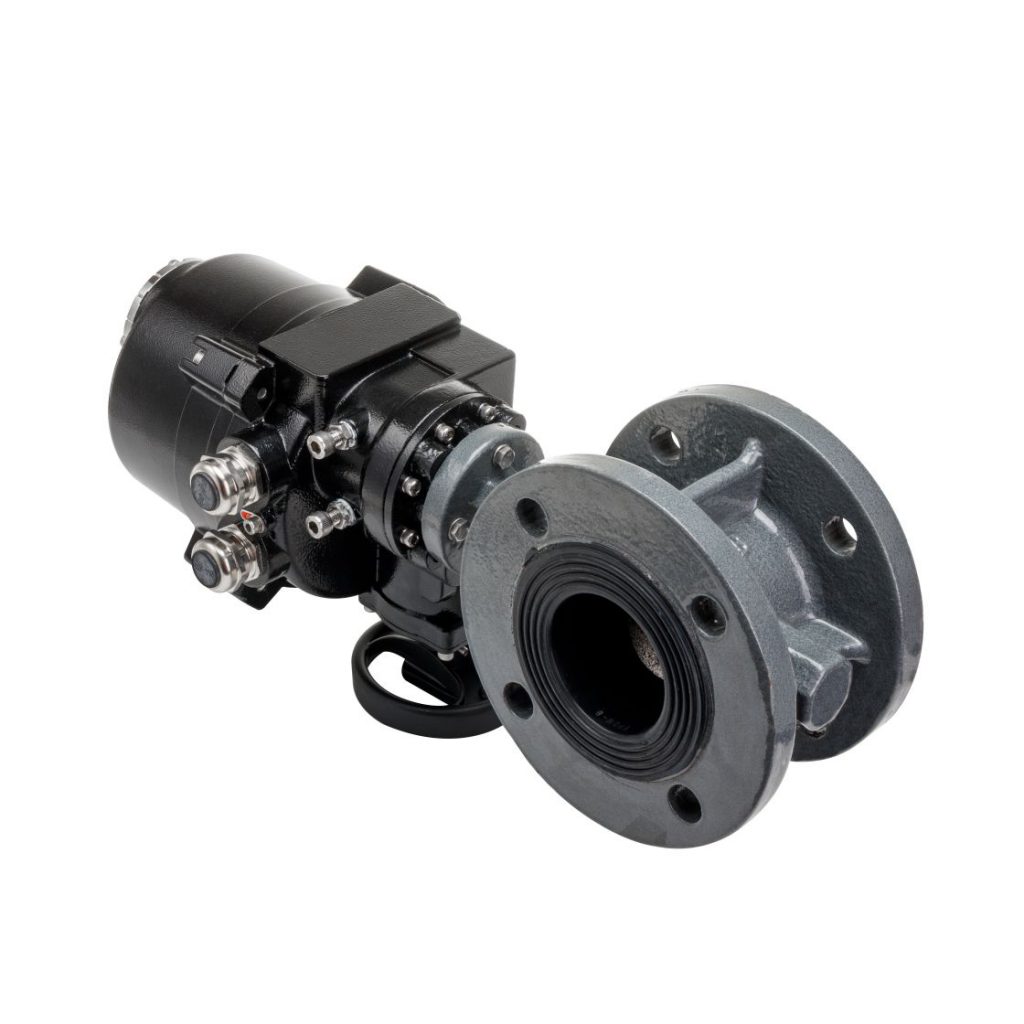In the ever-evolving landscape of maritime industry innovation, the integration of hydrogen energy into marine vessels is becoming a pivotal part of the shift towards more sustainable and eco-friendly shipping solutions. Among the critical components that support this transition are marine electric ball valves. These valves are essential for controlling the flow of hydrogen in energy systems aboard ships, ensuring safe, efficient, and reliable operation. In this article, we explore the importance of hydrogen energy in the marine industry, the function of electric ball valves, and how they contribute to the future of maritime energy systems.

The Rise of Hydrogen Energy in Maritime Industry

The maritime industry is one of the key sectors responsible for global greenhouse gas emissions, with traditional fuel-based engines emitting large quantities of CO2 and other pollutants. As environmental concerns continue to rise and regulations tighten, the push for alternative energy sources, such as hydrogen, has gained significant momentum. Hydrogen energy offers several advantages over traditional fuels, especially for maritime applications. It is clean, renewable, and produces only water vapor when burned, making it a viable solution for reducing carbon emissions in the shipping industry. Unlike fossil fuels, hydrogen can be produced from renewable energy sources like wind, solar, and hydroelectric power, which aligns with the global drive towards sustainability.

Leave a Reply